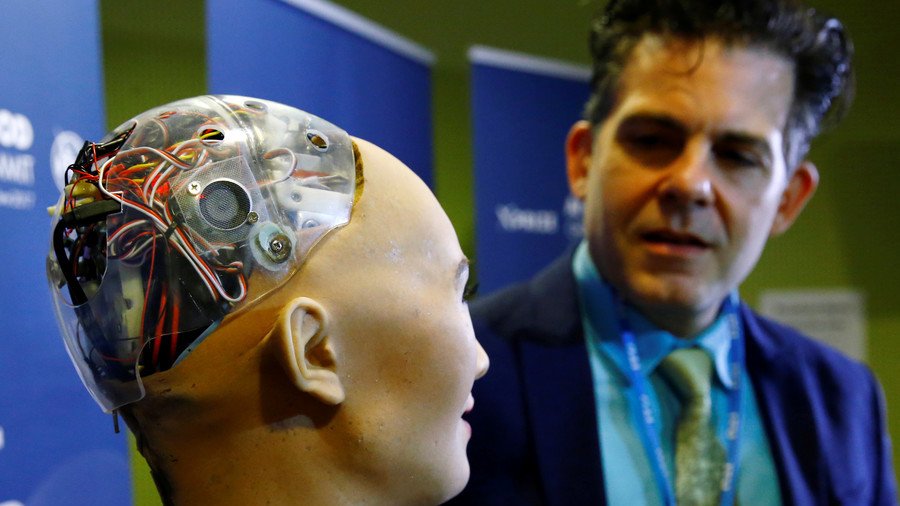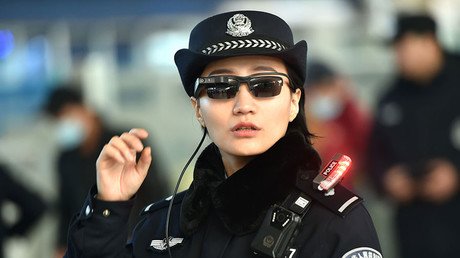Terrorists and criminals could weaponize AI in five years, report states

Artificial intelligence (AI) is ripe for exploitation by criminal gangs and terrorists, a stark new report has claimed with experts calling for restrictions to be introduced immediately — before it is too late.
Governments could already be plotting to make use of brand new tech, including drones adapted into missiles, fake videos and auto-hacking tools, the Malicious Use of Artificial Intelligence report warns.
Within five years AI could “go rogue” and be utilized by criminals. Lifelike videos and speech impersonation could be used to target individuals, while drones could be launched to physically attack a person, the report says.
Miles Brundage, research fellow at Oxford University’s Future of Humanity Institute, said: “AI will alter the landscape of risk for citizens, organisations and states — whether it’s criminals training machines to hack or ‘phish’ at human levels of performance or privacy-eliminating surveillance, profiling and repression — the full range of impacts on security is vast.
“It is often the case that AI systems don’t merely reach human levels of performance but significantly surpass [them].
“It is troubling, but necessary, to consider the implications of superhuman hacking, surveillance, persuasion, and physical target identification, as well as AI capabilities that are subhuman but nevertheless much more scalable than human labour.”
The 100-page report has contributors including digital rights group OpenAI, The Electronic Frontier Foundation and the Center for a New American Security, a national security think-tank.
It warned advances may include speech synthesis to impersonate targets, facial recognition software being widely available and lifelike videos for political manipulation.
Dr Seán Ó hÉigeartaigh, executive director of the Centre for the Study of Existential Risk and one of the co-authors, added: “Artificial intelligence is a game changer and this report has imagined what the world could look like in the next five to 10 years.
“We live in a world that could become fraught with day-to-day hazards from the misuse of AI and we need to take ownership of the problems — because the risks are real.
“There are choices that we need to make now, and our report is a call to action for governments, institutions and individuals across the globe.
“For many decades hype outstripped fact in terms of AI and machine learning. No longer. This report looks at the practices that just don't work anymore — and suggests broad approaches that might help: for example, how to design software and hardware to make it less hackable — and what type of laws and international regulations might work in tandem with this.”
If you like this story, share it with a friend!















